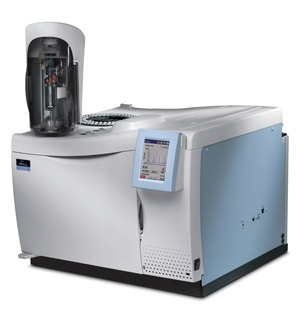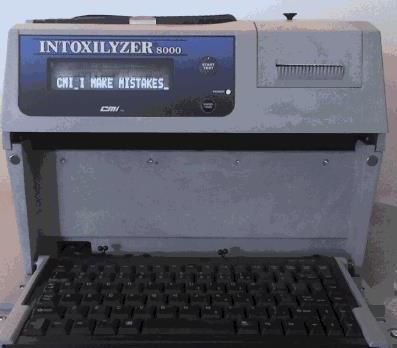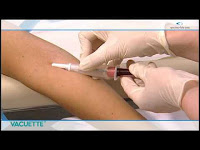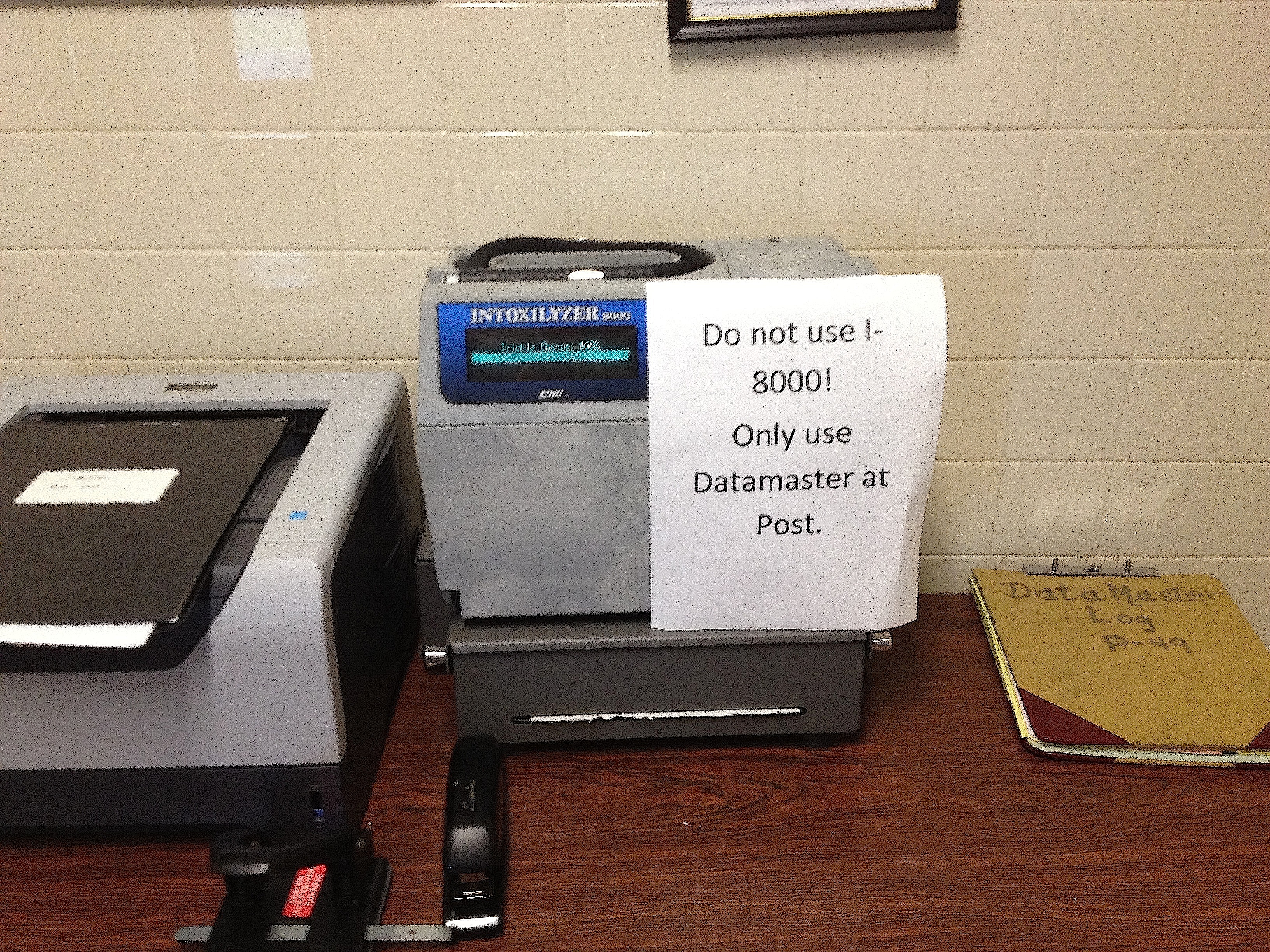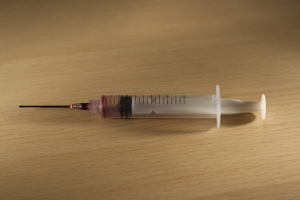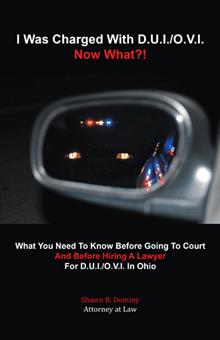 It won’t win a Pulitzer Prize, it will not be mentioned with the New York Times best sellers, and it will not be at the top of readers’ ‘wish lists’. In fact, most people may not find it very interesting. If you are charged with a DUI/OVI in Ohio, however, this book suddenly becomes a must-read. I’m talking about the new book: I Was Charged With DUI/OVI, Now What?!
It won’t win a Pulitzer Prize, it will not be mentioned with the New York Times best sellers, and it will not be at the top of readers’ ‘wish lists’. In fact, most people may not find it very interesting. If you are charged with a DUI/OVI in Ohio, however, this book suddenly becomes a must-read. I’m talking about the new book: I Was Charged With DUI/OVI, Now What?!
 Columbus OVI/DUI Attorney Blog
Columbus OVI/DUI Attorney Blog



